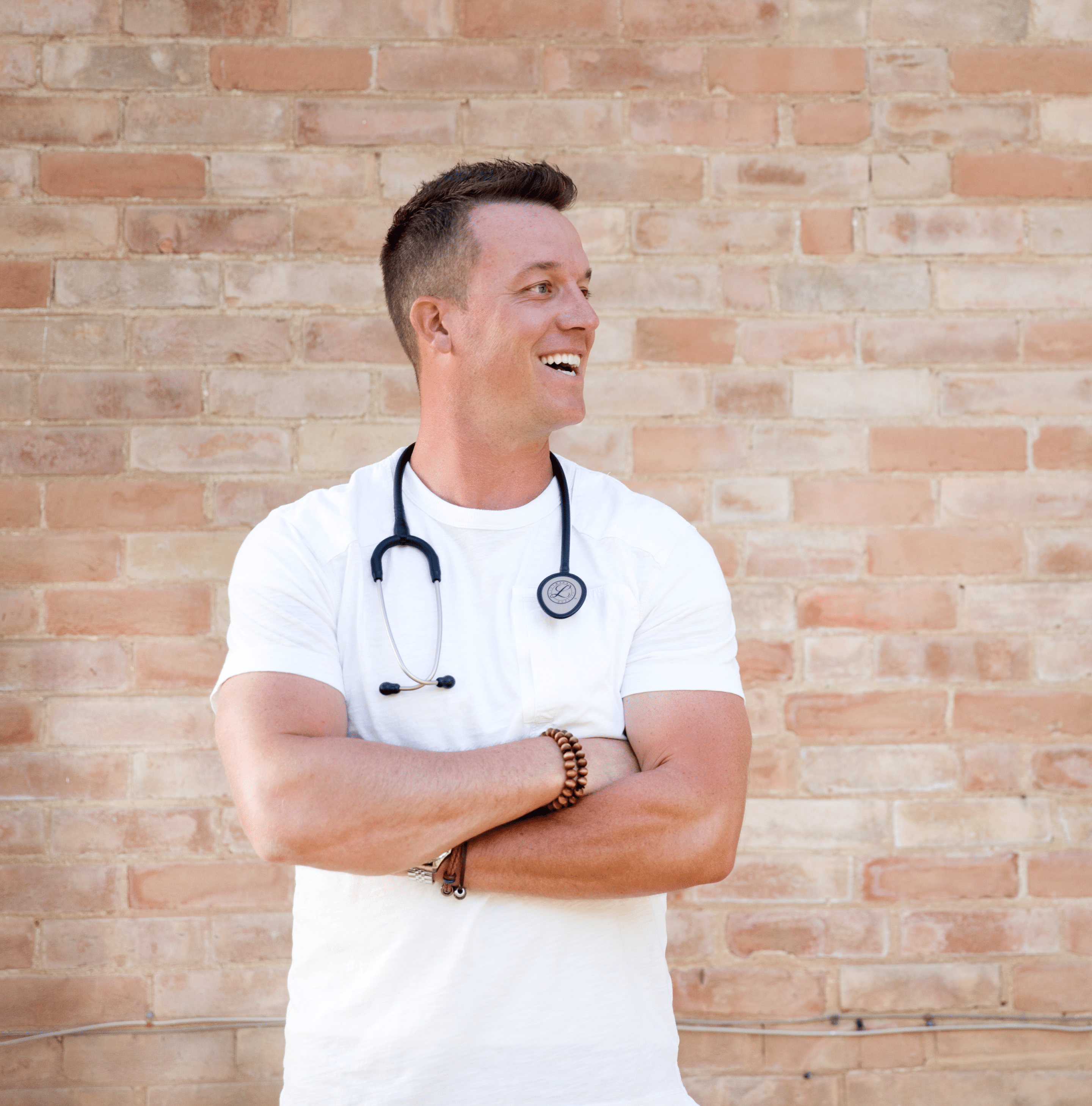How to find the right covid-19 antibody test
By Josh Redd, DC, MS, DABFM, DAAIM
Antibody testing (referred to as “serology testing” by researchers) can play a critical role in addressing the prevalence of Covid-19 in our communities. However, many antibody tests lack the specificity and sensitivity to accurately assess past exposure to Covid-19. As a result, we are dealing with much misinformation regarding the prevalence of Covid-19 throughout the country and world.
So how do we know if a covid-19 antibody test is accurate? This is a question we spent the last two months learning how to answer as part of our independent antibody study.
Let’s start with the basics
When someone is infected by or exposed to a virus, the immune system produces proteins called antibodies that are specific to that virus. This helps the immune system identify the virus in the future, so it can launch a faster and more effective response. Using the most accurate Covid-19 antibody tests available will help communities across the globe identify what percentage of the population has been exposed or infected so health departments can make better informed decisions about how to move forward.
Sensitivity and Specificity
Two key factors play a role in antibody testing accuracy: sensitivity and specificity.
Sensitivity refers to a test’s ability to accurately identify those who have been infected by or exposed to the virus. Some tests say they are 93% sensitive. This means out of 100 people who were infected or exposed, this test will identify 93 of them. It also means 7 of those 100 exposed people will come back with negative results, called a false negative.
Specificity is the ability to identify an individual who does not have the disease. A test with a specificity of 95% means that 95 out of 100 people who were never exposed to the disease produce negative test results. However, of those 100 people, five test positive despite having never been exposed. This is called a false positive.
Additionally, other types of coronaviruses can trigger false positive results on Covid-19 antibody tests that don’t demonstrate high specificity.
When you extrapolate sensitivity and specificity to millions of people, these accuracy rates take on more significance in trying to determine the prevalence of Covid-19.
This is where we saw problems in our study with antibody testing. Many individuals who had already tested positive with antibody tests that didn’t demonstrate high specificity, produced negative results with our more accurate testing.
With the help of medical directors of some of the nations top labs, we experimented using several of the antibody tests used in this country, including those that had been approved by the FDA’s Emergency Use Authorization. We found low false positives with many of the results. We determined this through testing and retesting using the antibody test that initially triggered the positive result and found many of those tests weren’t reproducible. We also compared them with the Abbott architect antibody test. Findings like this are common in areas where the prevalence of infection is less than 5%.
Finding the right antibody test for our study
Our study began by collaborating with multiple labs and experts in the field to determine the most accurate test to use. Of the antibody tests that received Emergency Use Authorization (EUA) from the FDA, the Abbott Architect Assay had one of the highest sensitivities and specificities in the marketplace. According to a 2020 study from the University of Washington, the Abbott Architect assay had a 95% sensitivity 14 days post-illness and 100% sensitivity after 17 days. The assay also had excellent specificity of 99.9%; of 1020 frozen serum samples from 2019 tested, only 1 came back positive.[1]
Covid-19 antibody testing is always evolving and improving
The immune system produces several antibodies in response to a pathogen such as a virus, including IgG, IgM, and IgA. The Abbott test uses IgG antibodies, which are the most commonly used for antibody testing of various types.
The Elecsys Test uses IgG, IgM, and IgA. This may improve its sensitivity and pick up more positive results for increased sensitivity. The Elecsys Test received Emergency Use Authorization (EUA) from the FDA and shows a 100% sensitivity and 99% specificity rate across these multiple antibody types.
We have not yet compared results using the Elecsys Test to our current Abbott Test results. We hope to add that to our study to further establish an accurate prevalence rate of Covid-19 in the state of Utah.
Also, The CDC and FDA recently suggested the use of two different methodologies when testing for Covid-19 antibodies, which we did on a number of results we believed were questionable. The Abbott Architect test maintained accuracy each time.
Experts agree that each month we are learning better ways to screen for Covid-19 exposure and infection as more efficient and accurate testing is developed. We will keep you informed.
[1] Bryan et al. Performance Characteristics of the Abbott Architect SARS-CoV-2 IgG Assay and Seroprevalence in Boise, Idaho. Journal of Clinical Microbiology. May 2020.

Josh Redd, DC, MS, DABFM, DAAIM
Josh Redd, DC, MS, DABFM, DAAIM, is a chiropractic physician and the founder and owner of RedRiver Health and Wellness, one of the largest autoimmune-focused clinics in the United States. Dr. Redd has been working with antibody testing for the last 10 years and has learned from leading innovators in the field, such as Dr. Aristo Vojdani and Dr. Datis Kharrazian.
Dr. Redd earned his Doctor of Chiropractic from Parker University and has a Masters in Human Nutrition and Functional Medicine. He is in the #1 ranked public health program in the country at Johns Hopkins with an emphasis on molecular microbiology and immunology. He has a Diplomate in Functional Medicine from the American Board of Functional Medicine, and a Diplomate in Integrative Medicine from the American Association of Integrative Medicine.

